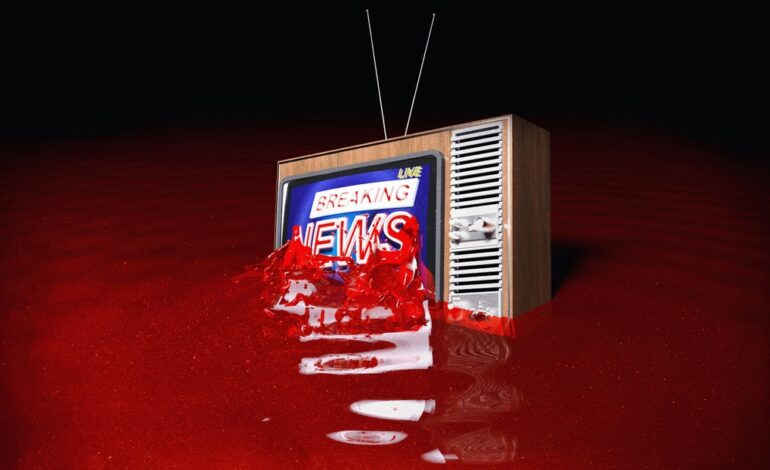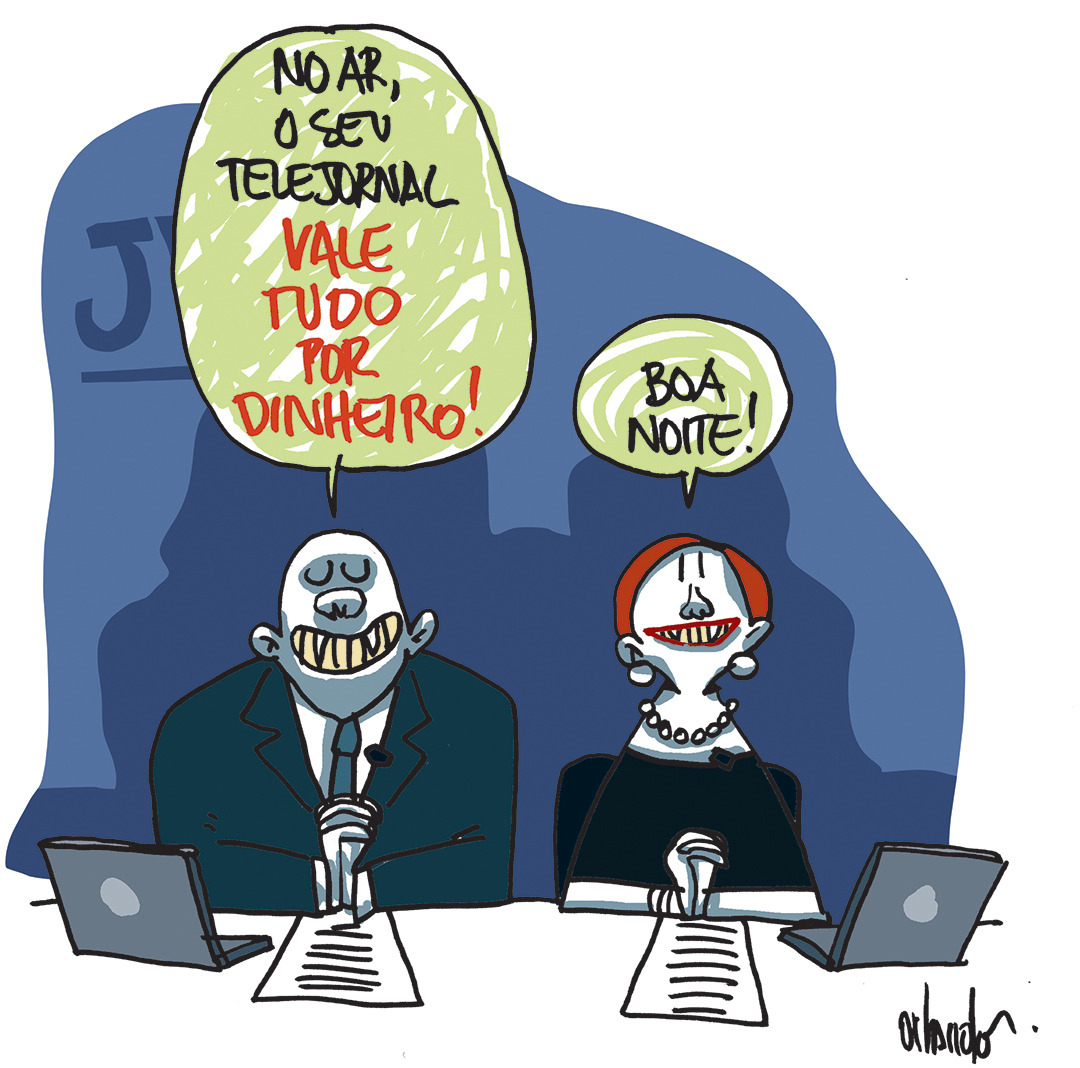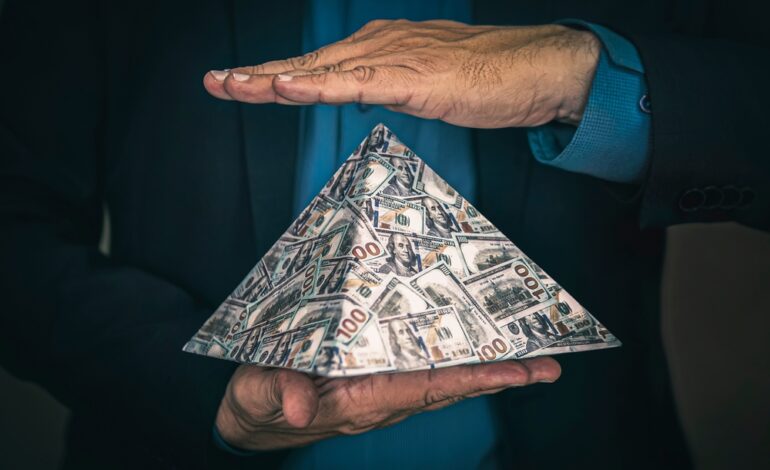If it bleeds, sell it

"My pain is the echo of your own joy"
Friedrich Nietzsche
This March marks the 10th anniversary of the ill-fated Car Wash operation. Not coincidentally, the judiciary is faced with the dilemma of reviewing the leniency agreements signed by companies because they were coerced into signing an astonishingly disproportionate agreement.
Media outlets decided to celebrate the date and publish daily reports on the subject, bringing back testimony from the protagonists of the biggest event of corruption and manipulation of the Brazilian judiciary. The operation broke the country, but generated huge financial gains for the media.
At the time, media coverage was constant and oppressive, with no respect for the standards of good journalism. People were exposed and publicly shamed. The thugs of Curitiba humiliated and mocked their victims, even in the face of the death of relatives. Everything was broadcast instantly, with no regard for the suffering of people and their families, because it generated huge profits for the media.
In journalism, there are two slogans: "bad news sells", or "if it bleeds, it sells". These slogans explain why violent crime, war, terrorism, natural disasters, crying children and company bankruptcies are omnipresent on the television news. Thus, the more death, flesh, blood and misfortune that are printed on newspaper covers or digital media screens, the more newspapers will be able to attract the attention of consumers and, at the same time, the more consumers will pay attention to newspapers. There is no end to this vicious circle.
This leads us to wonder, why is the media so eager for the pain of others that it doesn't care about any sense of compassion for the degradation of people that it itself helps to bring about?
The explanation lies in the numbers: the greater someone else's pain, the greater your profit.

This equation (profit = pain + the suffering of others), whereby entertainment ceases to be the main objective of the media and is replaced by bloody news, dates back to the 60s. Until the beginning of this decade, TV news was loss-making, then it became a profit machine.
The fact that media outlets make money from disturbing events is something that is rarely discussed. But it's important to understand the link between negative news and profit in order to shed light on the forces that shape contemporary journalism.
The assassination of US President John F. Kennedy 60 years ago offers an interesting study of this link between chaos and journalistic profit, as it made Americans turn to TV news.
After a gunman killed the president in Dallas on November 22, 1963, television news offered complete and uninterrupted coverage, at considerable cost to the networks. This gave the news a reputation for public spirit that has lasted for decades.
During the coverage of the tragedy, the TV networks showed sensitivity and canceled commercials, instead devoting full time to broadcasting the story. At one point, 93% of all US TVs were tuned in to the coverage.
At the time, news was the leading segment in losses, while entertainment was the leading segment in gains. This phenomenon was later reversed with the huge audiences for television news.
So how did TV news become a money-making machine?
The coverage of the Kennedy assassination, combined with the expansion of news time, significantly increased the commercial value of TV. Throughout the 1960s, broadcast journalism began to mature and become the most lucrative genre of programming on American television, leaving entertainment in the background.
The networks, however, did not disclose their profits and promoted the idea that coverage of the Vietnam War and the assassinations of the 1960s were services of public interest. They hid advertising revenue from news programming in order to secure broadcast license renewals and tax breaks.
Ultimately, the chaotic, cacophonous and confusing decade of the 1960s would end up fostering the hyper-commercial media world we live in today. Chasing sensational investigative stories, such as Watergate and the Iran-Contra arms-for-hostages scandal, would generate more audience and advertising revenue, and turn journalists into national celebrities.
This has consolidated the idea that the misfortune of others is an extremely profitable product, because bad news sells. It's a truism of the media industry. Today's news broadcasts, full of misfortune, confirm this maxim.
The problem is that this banality of evil is turning into a certain naturalization of the culture of evil, causing this evil conduct to be treated spontaneously by society. As a result, the vile act becomes a social standard.
So any resemblance to Lava Jato in Brazil is no coincidence. At the same time as filling the coffers of the media conglomerates, the continuous coverage of this criminal operation, which made people bleed, broke productive economic sectors and led the country to massive unemployment, suffered no critical scrutiny from the mainstream media.
For this reason, these 10 years end up being remembered as a dark period in journalistic coverage, because sensationalism, political bias, a lack of context and plurality of sources prevailed during that time, which led to the manipulation of public opinion into prejudging the issue.
JFK had no idea that his assassination would change the axis of media profitability.



1 Comment
Congratulations.